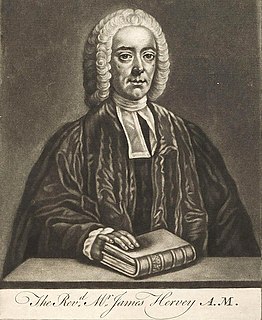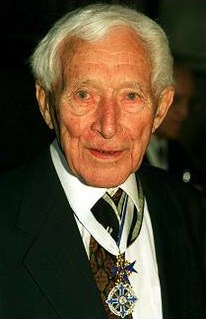A Quote by Mary Beth Whitehead
Related Quotes
The doctrines thus delivered we call the revealed or divine law, and they are to be found only in the holy scriptures.. are found upon comparison to be really part of the original law of nature. Upon these two foundations, the law of nature and the law of revelation, depend all human laws; that is to say, no human laws should be suffered to contradict these.
To maintain the ascendancy of the Constitution over the lawmaking majority is the great and essential point on which the success of the [American] system must depend; unless that ascendancy can be preserved, the necessary consequence must be that the laws will supersede the Constitution; and, finally, the will of the Executive, by influence of its patronage, will supersede the laws . . .
For the religious, passivism [i.e., objects are obedient to the laws of nature] provides a clear role of God as the author of the laws of nature. If the laws of nature are God's commands for an essentially passive world ..., God also has the power to suspend the laws of nature, and so perform miracles.
The Laws of Nature are just, but terrible. There is no weak mercy in them. Cause and consequence are inseparable and inevitable. The elements have no forbearance. The fire burns, the water drowns, the air consumes, the earth buries. And perhaps it would be well for our race if the punishment of crimes against the Laws of Man were as inevitable as the punishment of crimes against the Laws of Nature -were Man as unerring in his judgments as Nature.
How shall we define occultism? The word is derived from the Latin occultus, hidden; so that it is the study of the hidden laws of nature. Since all the great laws of nature are in fact working in the invisible world far more than in the visible, occultism involves the acceptance of a much wider view of nature than that which is ordinarily taken. The occultist, then, is a man who studies all the laws of nature that he can reach or of which he can hear, and as a result of his study he identifies himself with these laws and devotes his life to the service of evolution.

































